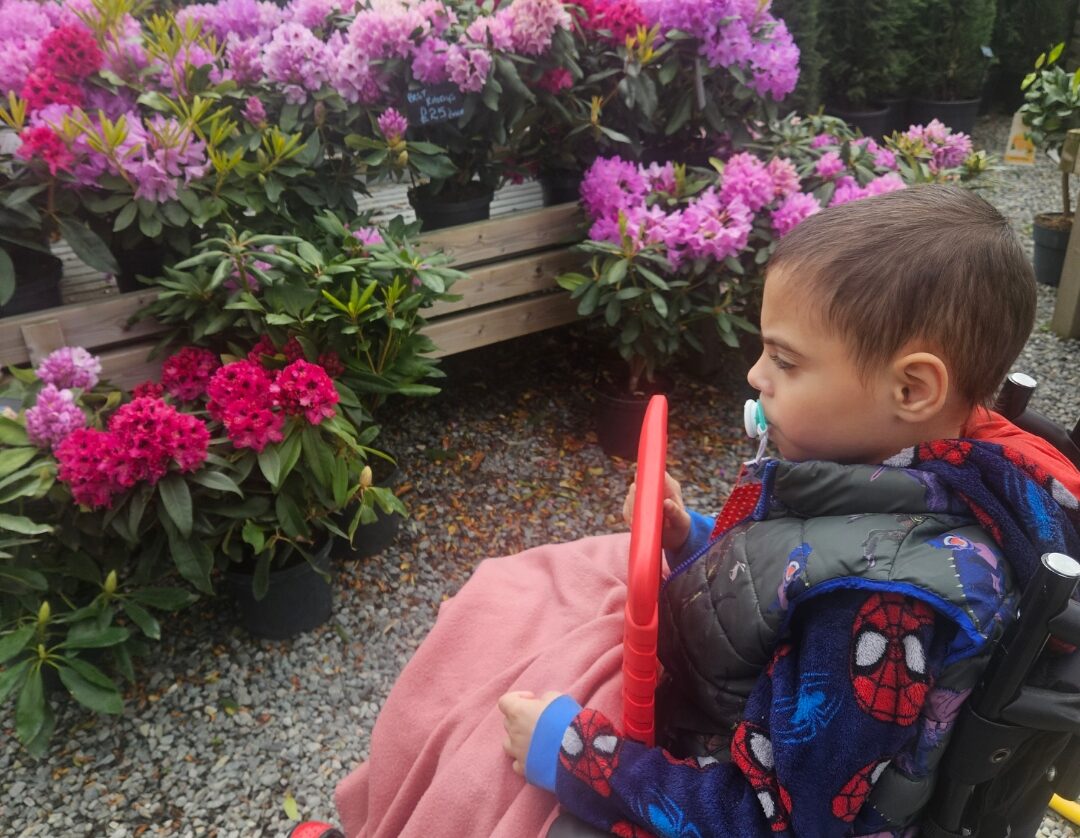When it comes to keeping bugs and diseases away from your vegetable crops, nature provides an army of little helpers to make the job that little bit easier.
There are plenty of ways in which you can work with nature to help cultivate your crops successfully.
For example, you can plant basil next to tomatoes to help ward off whitefly or you can use nasturtiums to lure aphids away from your runner beans,
Clever planting schemes can deter pests or lure beneficial insects such as ladybirds and lacewings on to your plot.
Some plants can even be used as structural support for others.
Simply by planting a row of strong-smelling plants next to a row of vulnerable vegetables, you can ward off many pests (such as carrot root fly, white fly and aphids).
Carrot root fly can smell carrots from up to a mile away. But If you plant alliums (such as leeks, onions or garlic) near your carrots, this masks their sweet, carroty smell.
Alliums also deter slugs. So try growing salad leaf crops (such as lettuce and rocket) amongst them. Further, alliums prevent fungal infections. So a row of onions planted near strawberries helps to prevent the strawberries from developing mould.
Basil and marigolds act as a natural insect repellent when planted amongst tomatoes, helping to ward off whitefly.
Similarly, a row of nasturtiums planted amongst beans attracts aphids away from your crop.
This is because nasturtiums are more appealing to aphids than beans, so the pests will always go for their favoured treat if there’s the option to do so.
The following plants help deter pests from your crop:
- Basil – wards off whitefly when planted amongst tomatoes
- Nasturtium – attracts aphids away from beans
- Alliums – confuse carrot fly and protect against slug damage
- Lavender – confuses pests
- Nettles – attract cabbage white butterflies, keeping them away from brassica crops
Planting brightly coloured flowers near your crops will attract a wide range of insects to the area.
More bees visiting your plot will result in more pollination of your vegetable blooms and therefore lead to bigger yields.
Attracting ladybirds and lacewings to your crop will also help reduce damage from aphids.
The predators will lay their eggs on your crops. These will hatch into larvae which can each eat up to 150 aphids per day.
The following flowers and herbs are ideal for attracting beneficial insects to your crop:
- Candytuft
- Coriander
- Sunflower
- Lavender
- Echinacea






